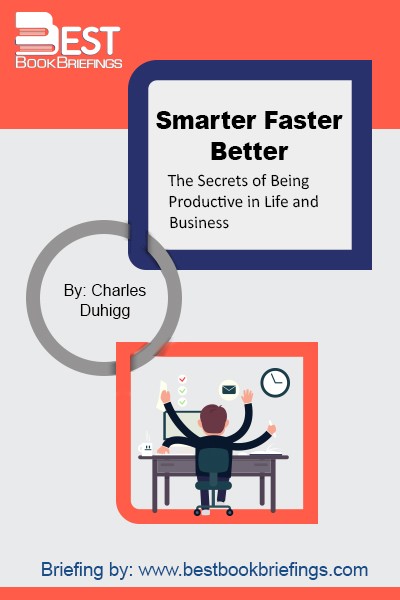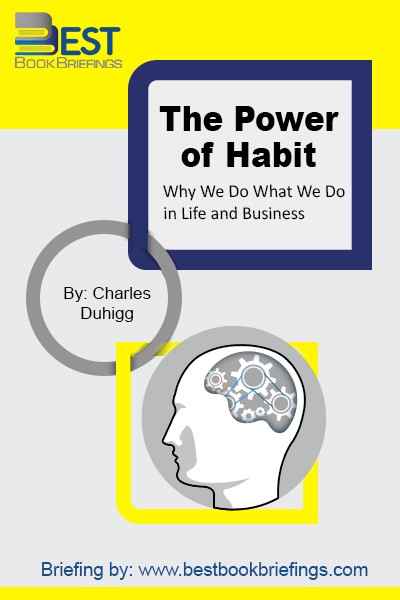Smarter Faster Better
The Secrets of Being Productive in Life and Business
Number of pages: 400
Publisher: Random House
BBB Library: Corporate Success, Operations Management
ISBN: 978-0812993394
Editorial Review
Productivity isn’t about working more or sweating harder. It’s not simply a product of spending longer hours at your desk or making bigger sacrifices. Rather, productivity is about making certain choices in certain ways. The way we choose to see ourselves and frame daily decisions; the stories we tell ourselves, and the easy goals we ignore; the sense of community we build among teammates; and the creative cultures we establish as leaders, these are the things that separate the merely busy from the genuinely productive.
Book Reviews
Books on Related Topics

The modern world has given us stupendous know-how. Yet avoidable failures continue to plague us in health care, government, law and the financial industry. And the reason is simple: the volume and complexity of knowledge today has exceeded our ability as individuals to properly deliver it to people consistently, correctly and
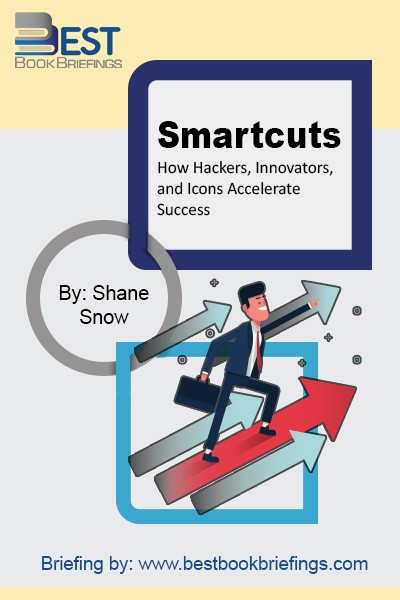
Entrepreneur and journalist Shane Snow (Wired, Fast Company,The New Yorker, and cofounder of Contently) analyzes the lives of people and companies that do incredible things in implausibly short time. How do some startups go from zero to billions in mere months? How did Alexander the Great, YouTube tycoon Michelle Phan, and
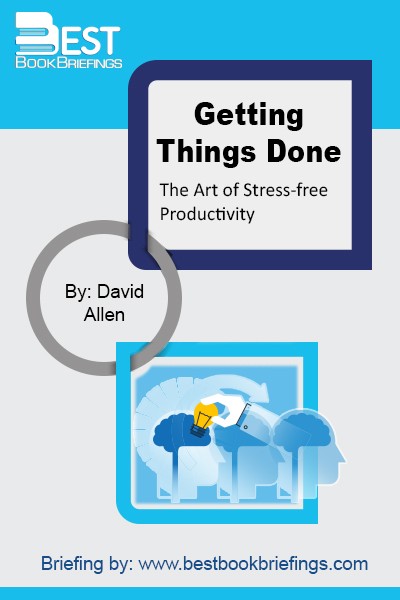
Getting Things Done inspires you to put all this into a new behavior set that will blow your mind. This is a vaccination against day-to-day fire-fighting, the so-called urgent and crisis demands of any given work, and an antidote for the imbalance many people bring upon themselves: that is how people

The Summary of Agile Leadership: A Leader’s Guide to Orchestrating Agile Strategy, Product Quality and IT Governance by Tony Adams presents the philosophy behind Agile Framework for software development. The author, Tony Adams, consciously and clearly illustrates how to use the framework. He discusses how to assure product quality while aiming
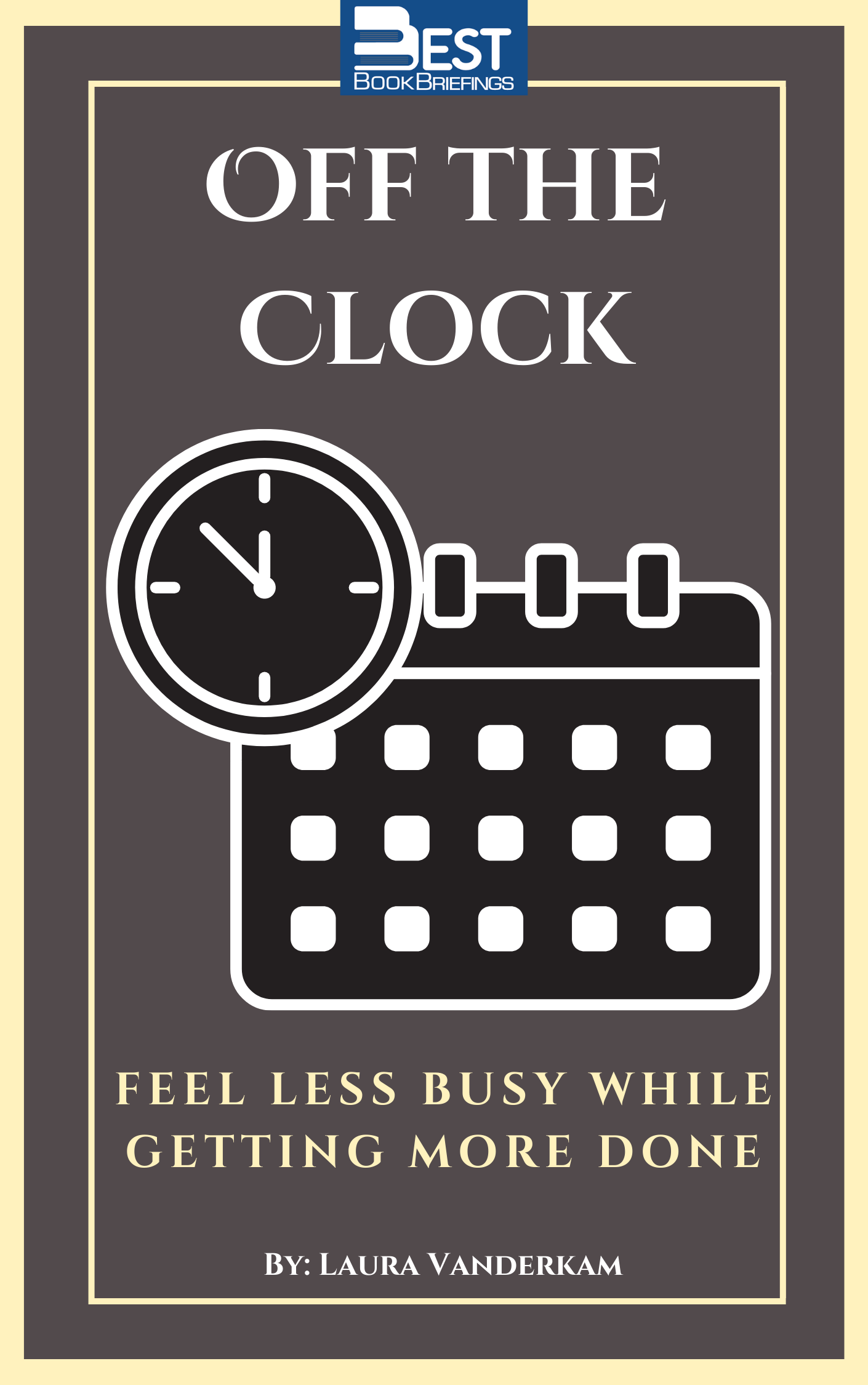
Most of us feel constantly behind, unsure how to escape feeling oppressed by busyness. Laura Vanderkam, unlike other time-management gurus, believes that in order to get more done, we must first feel like we have all the time in the world. Think about it: why haven't you trained for that 5K

